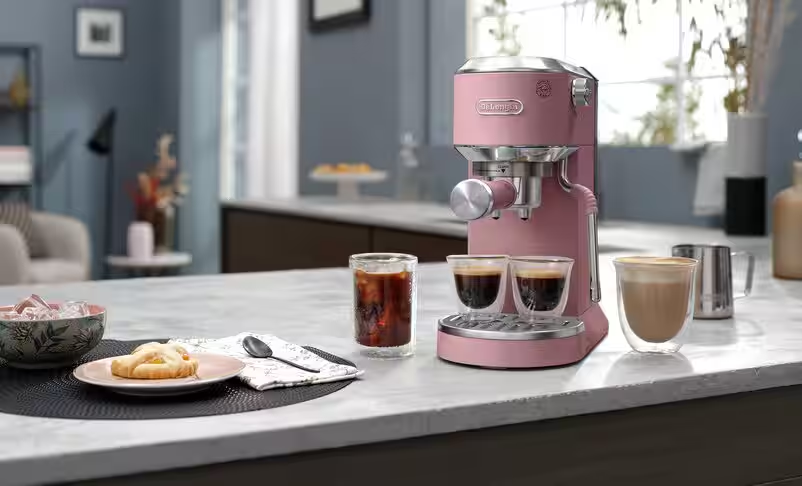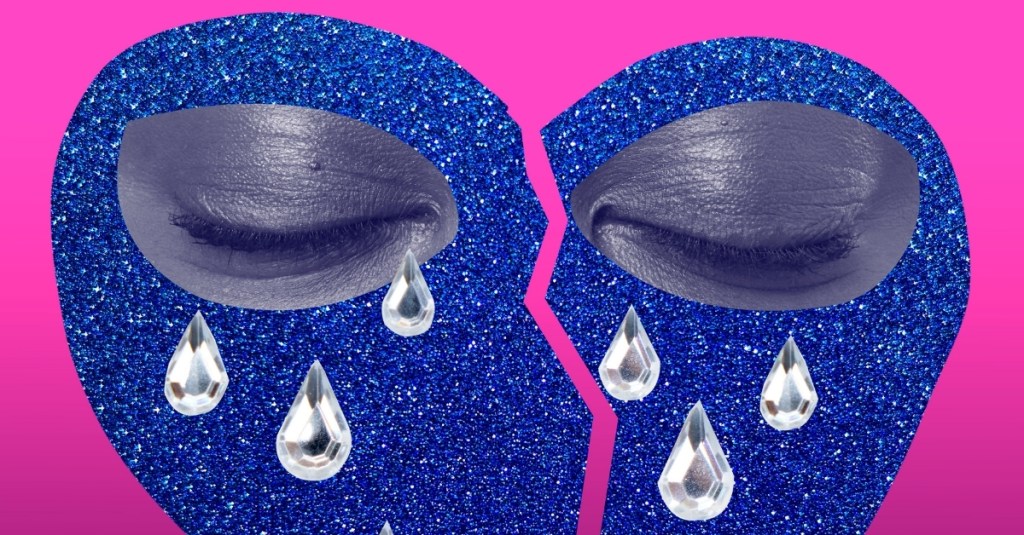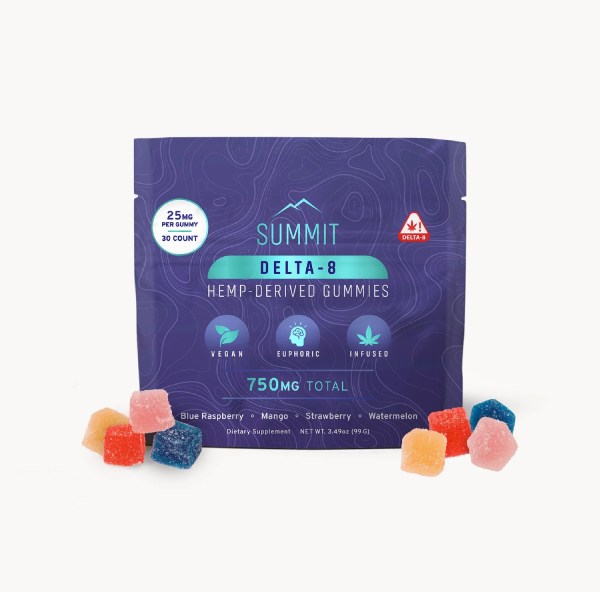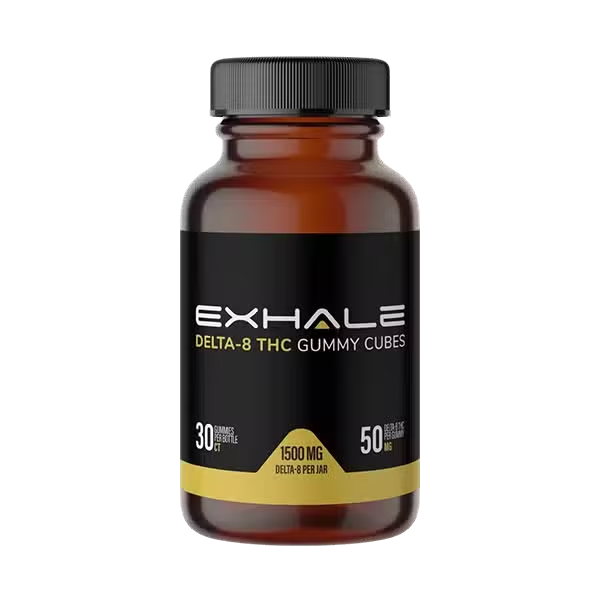Weed is weed. That used to be the mentality. But now, the different cannabis options around go far beyond flower strains. We’re getting scientific and taking that sweet grass to the lab these days, creating types of THC that sound like something that’d be on a chemistry test.
Delta-8 v. Delta-9 is a hot topic these days, and while some may be disinterested in learning the nitty-gritty about these, there are a few important distinctions that I’ll outline in this guide. And you’ll want to know them if you care about your high times.
There are major legal differences that might determine availability in your location, as well as scientific ones that will determine what kind of high you’re able to achieve.
What’s the difference between Delta-8 and Delta-9 THC?
Both Delta-8 and Delta-9 are forms of THC naturally found in cannabis plants. But Delta-8 exists in such teeny-tiny quantities that it has little to no effect without the presence of good ‘ole Delta-9 by its side. Because of its chemical makeup, CBD can magically (and by that I mean synthesized by people in lab coats) be turned into Delta-8 THC.
Mentions of “THC” without a qualifier usually refer to Delta-9, found in higher concentrations in cannabis. I like to think of Delta-9 as the OG type of THC, the one we all know and love.
“Delta-8 is often referred to as ‘marijuana lite’ or ‘diet weed,’” says WebMD, due to the fact that it doesn’t get people as toasted as Delta-9.
Delta-8 binds to CB1 receptors less strongly than Delta-9, which is what causes that gentler high, according to pathology professors Prakash Nagarkatti and Mitzi Nagarkatti. WebMD says, “Other common THC side effects like paranoia, anxiety, and drowsiness are also less potent with Delta-8 than Delta-9.”
Yet, Delta-8 binds as strongly to CB2 receptors as Delta-9, and CB2 receptors play a role in suppressing inflammation. Delta-8 super fans swear it helps with pain relief and relaxation, without the strong high of Delta-9. But there’s not much research out there.
Cycling Frog discontinued its offering of Delta-8 products, focusing on Delta-9, because of concerns about its safety and purity (less regulation = less rigorous testing processes, in theory). Plus, most people are interested in Delta-9.
“Although Delta-8 is generally more energizing than sedating, it may not be the best choice if you have to go to work or perform some other mental task directly after using it,” says Natural Ways CBD. It’s still a psychoactive cannabinoid that will have you feeling high, just not sky-high.
Legal Loopholes
Before moving on, let’s get one thing clear:
Hemp = Any cannabis plant that contains 0.3 percent THC or less by weight.
Marijuana = Any cannabis plant containing more than 0.3 percent THC by weight.
BOTH hemp and marijuana are types of cannabis.
Think of it like this. Your modest friend pours you a mimosa, with a little splash of Champagne and mostly OJ. Then, your fun friend pours you a mimosa, and it’s half Champagne and half OJ. Both of these are mimosas with the same ingredients, but one has more of the good stuff!
The 2018 Farm Bill legalized hemp and removed it from categorization as a Class I drug (Hallelujah!). But it had to leave its buddy, its cousin, marijuana, in Federal drug jail. So now the two exist on separate sides of the prison bars.
The Delta-9 extracted from marijuana is only legal in states where marijuana is legal, whether for medicinal or recreational purposes. But Delta-9 extracted from hemp — it’s the exact same compound, it just came from a different kind of cannabis plant — is federally legal under the 2018 Farm Bill. Marijuana-derived Delta-9 THC and hemp-derived Delta-9 THC are one and the same, but only the latter is federally legal. Seems silly, right? It is. But that’s bureaucracy for you.
Both hemp-derived Delta-8 and Delta-9 THC fall through a sort of legal loophole. They’re federally legal, despite their marijuana-derived twins being federally illegal. Restrictions on these compounds vary substantially from state to state, and these laws frequently change.
Why does Delta-8 even exist? It’s an easy way for companies to work around the laws. It’s synthesized from CBD, which is present in hemp in high quantities. Rather than try to extract the less than 0.3 percent of THC from a whole lotta hemp plants, companies can just extract the ample CBD from hemp and then synthesize it.
Which Delta To Do
If you’re a habitual cannabis user who loves to hit Cloud 9, stick with Delta-9. But if you’re new to cannabis use, looking for a milder high, or in a state where Delta-9 is a no-no, Delta-8 might be the best option for you.
As mentioned, the research and regulations behind Delta-8 are loosey-goosey, which can be good and bad. It’s good cause it means more people can get their hands on it, but bad because no one really knows if it comes with any additional risks.
I know all this can be dizzying, and I hope one day we don’t have to navigate so many complex laws concerning cannabis. Thankfully, we have stoner scientists helping us out by discovering ways to get people in every state a little high, and Delta-8 is one of those ways.
If you’re interested, we’re loving these Delta-8 THC products:
Summit Delta-8 Gummies give most people a noticeable but comfortable high, offering more relaxation than Delta-9 THC in some cases.
Delta-8 Gummies (opens in a new window)
Exhale Delta-8 Gummy Cubes contain 50mg of Delta-8 per gummy, so they’re much more potent and should give you a strong high.
But these Delta-9 gummies are fabulous too, especially if you want a stronger, more traditional high:
Summit THC also sells (legally!) these Delta-9 THC Gummies, which are more potent, delivering a fun and hazy high.
Delta-9 Gummies (opens in a new window)
Kush Queen Strawberry Delta-9 THC + CBD Gummies combine 8mg Delta-9 THC and 12mg CBD per gummy, for a strong but balanced high that comes with a soothing feeling.
More
From VICE
-

De'Longhi Dedica Duo – Credit: De'Longhi -

We Are/Getty Images -

Photo by tang90246 via Getty Images -

Credit: SimpleImages via Getty Images




